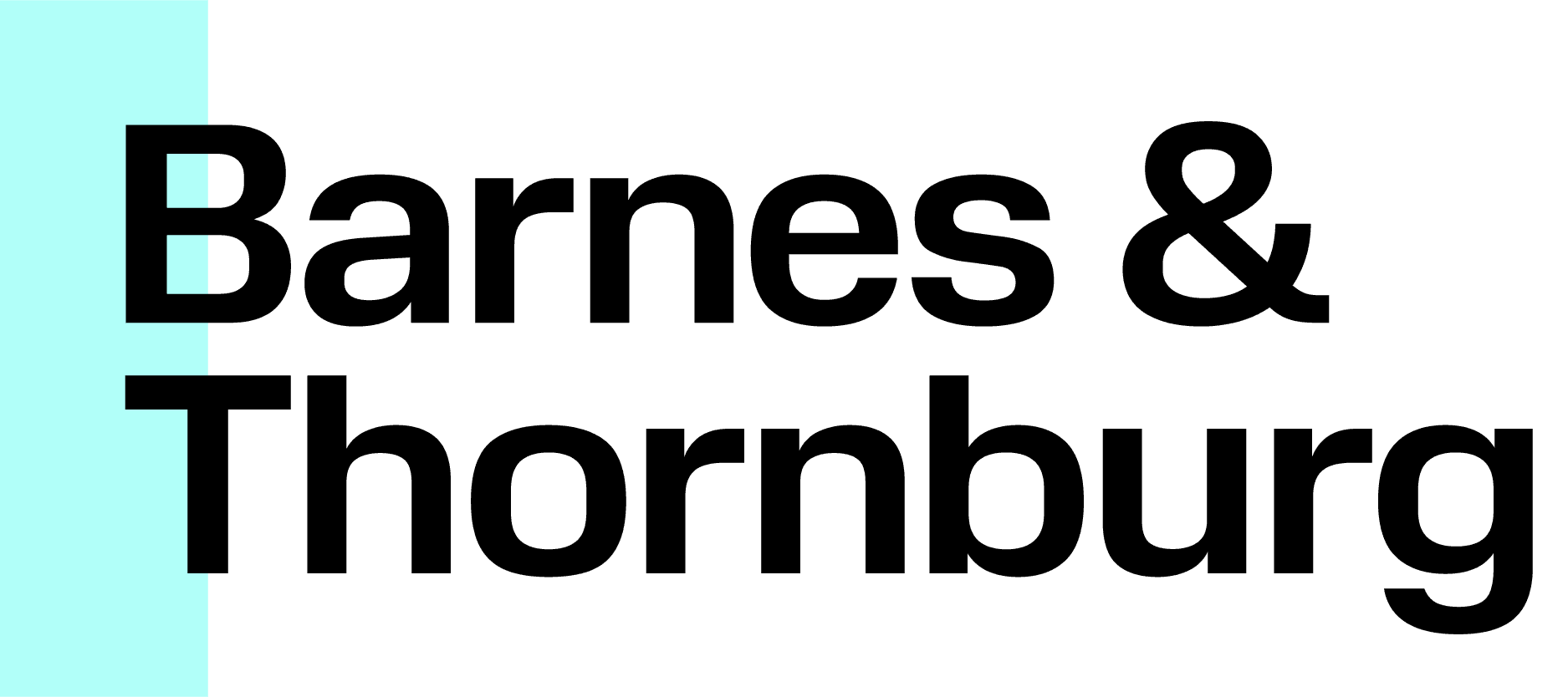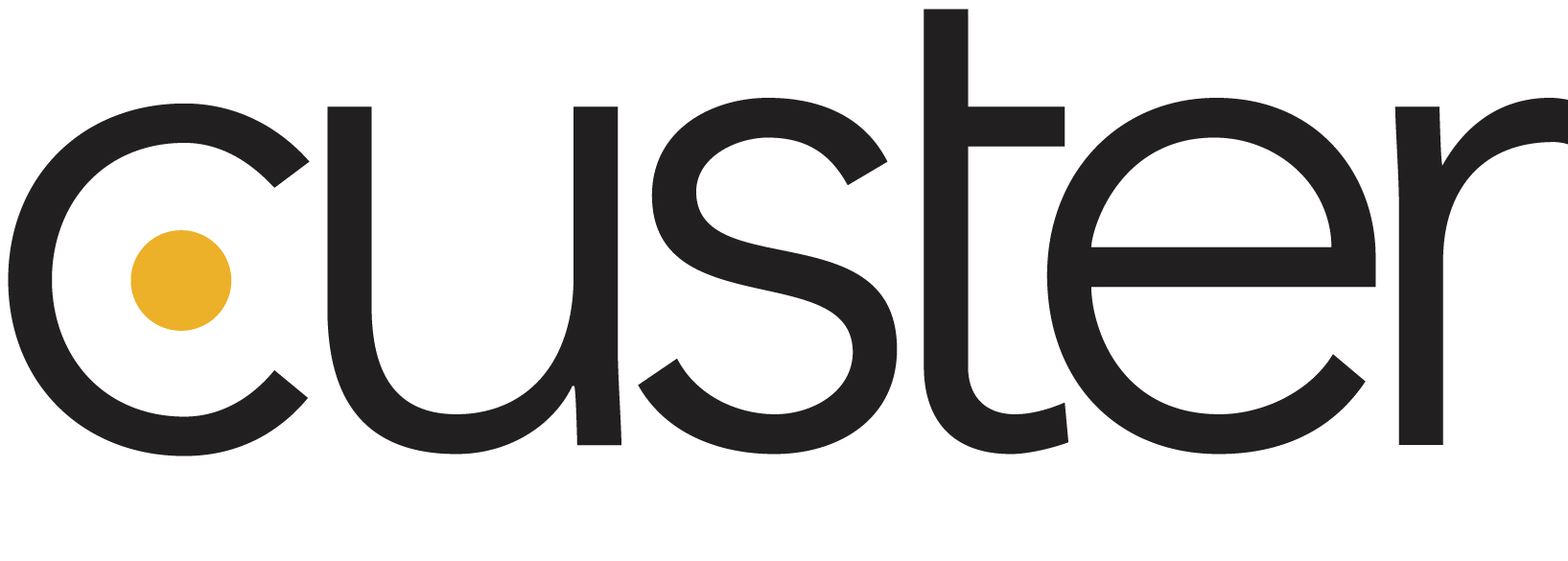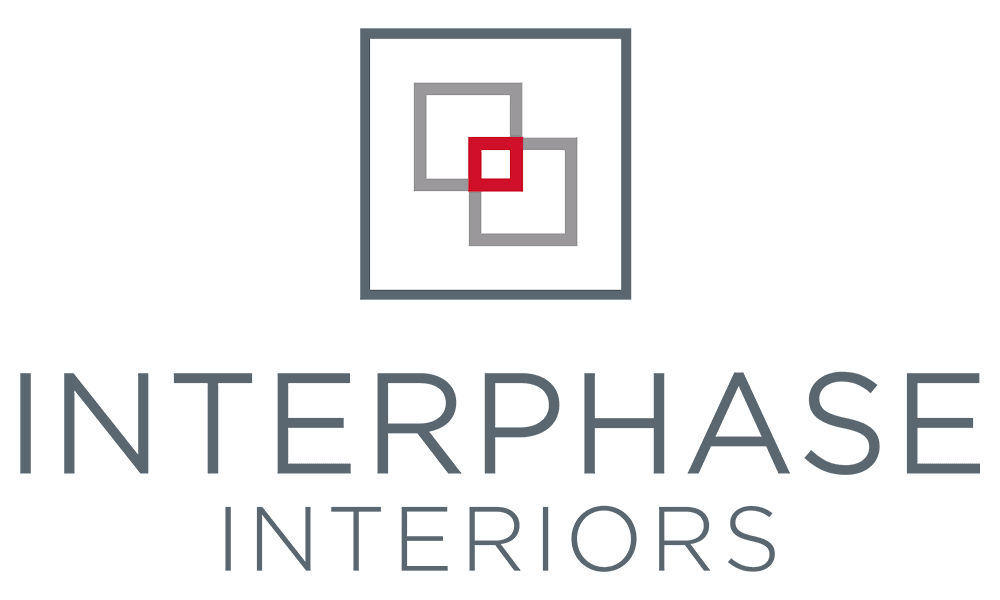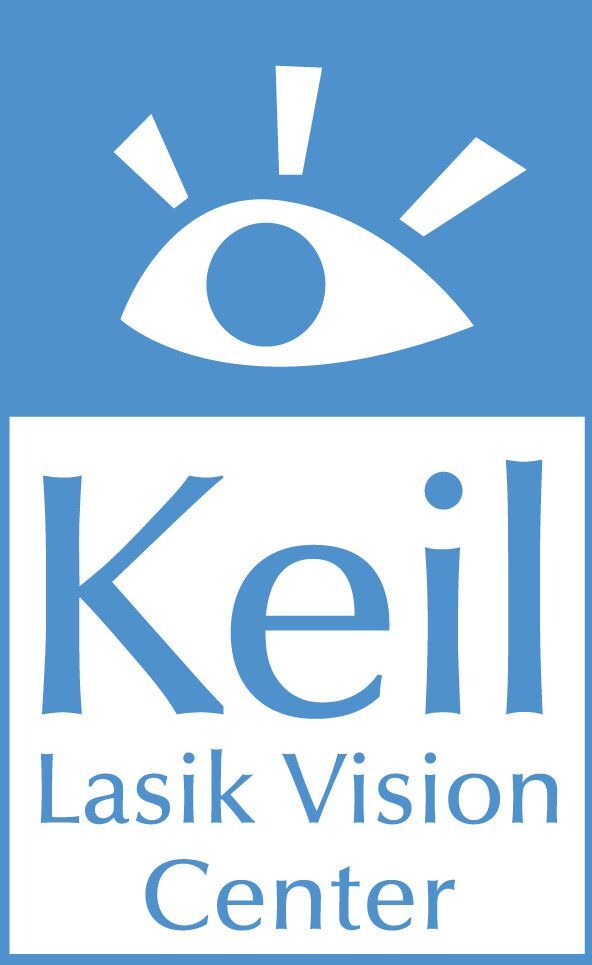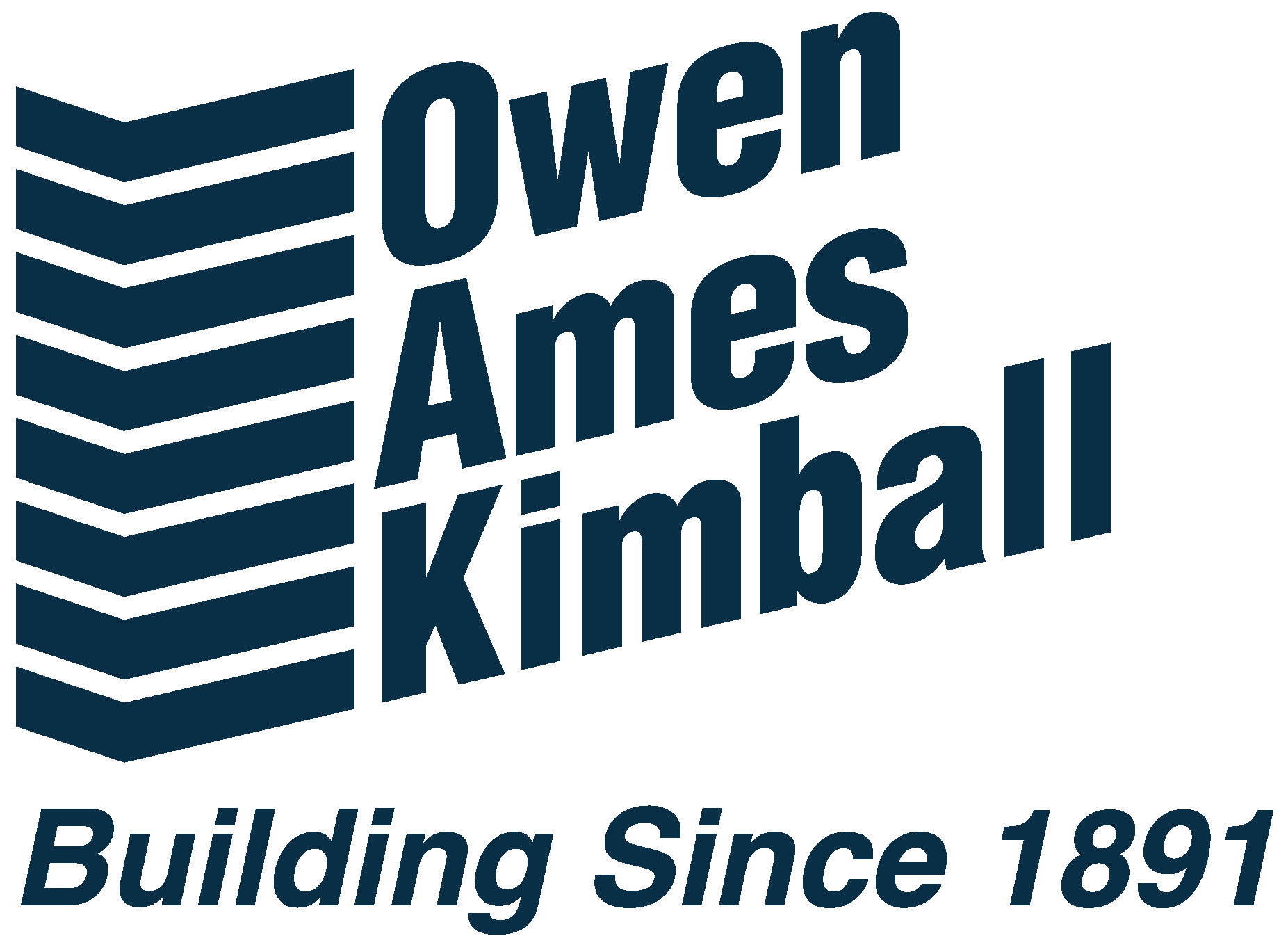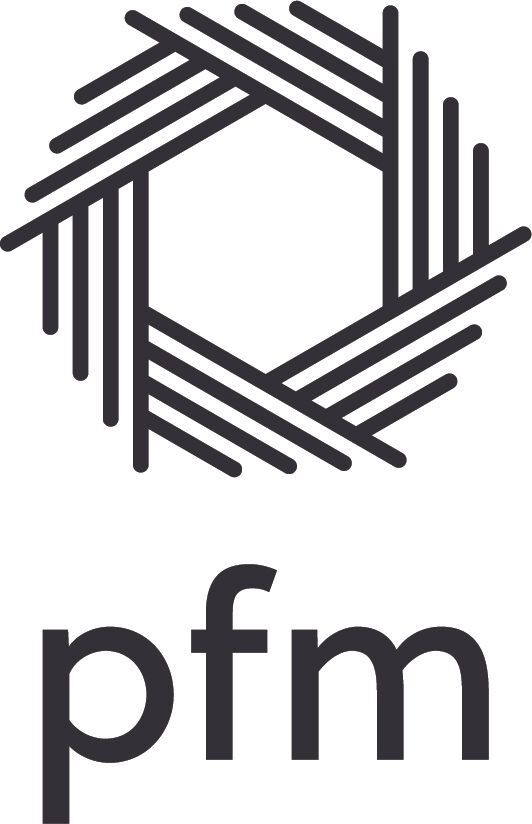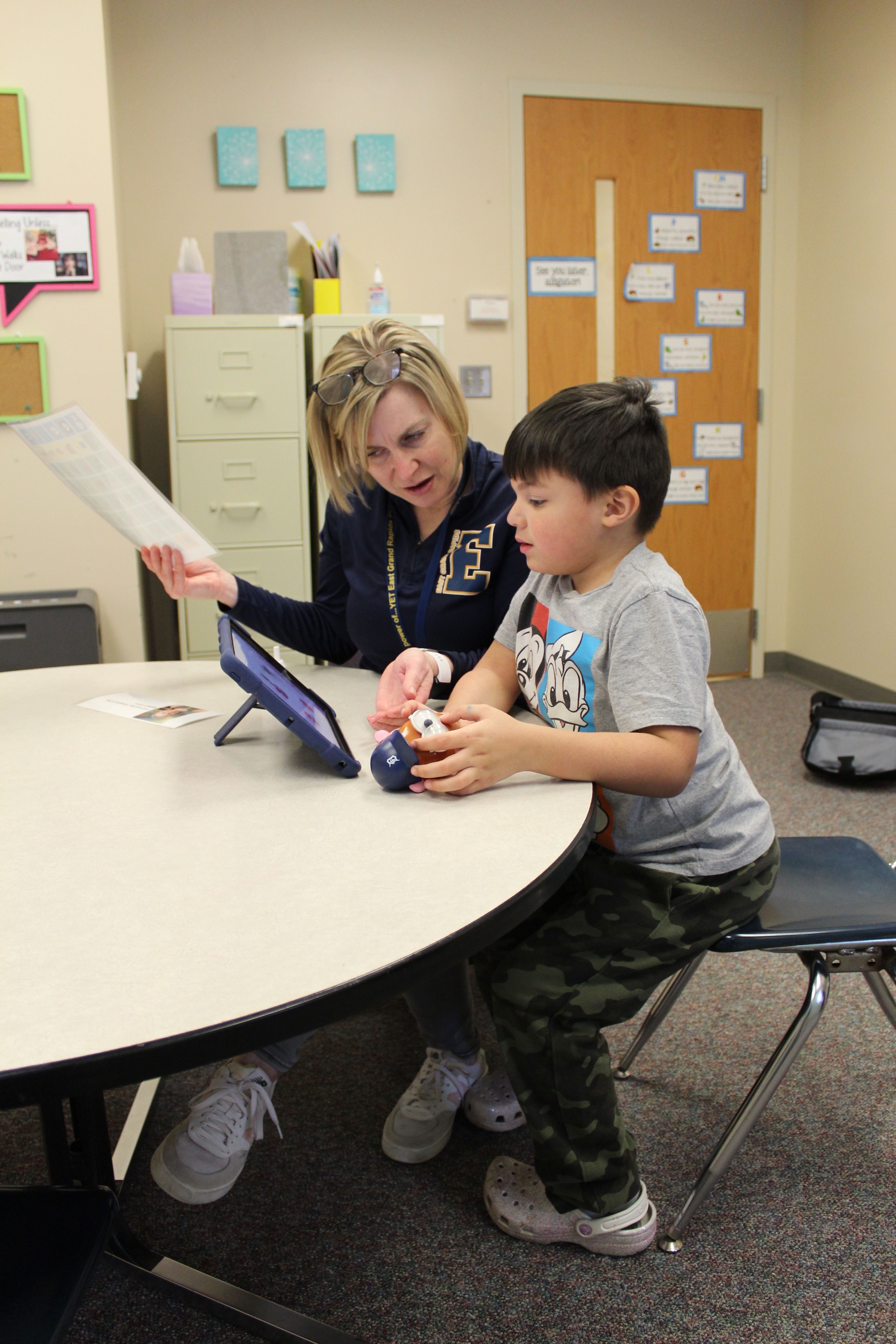
“Behavior is communication.”
That’s what Amanda Werner, a speech pathologist with more than 20 years of experience in East Grand Rapids Public Schools, says when asked how students’ behavior improves when their ability to express themselves improves. “Many students, especially very young or non-verbal ones, will act out when they can’t express what they want to say. Instead of asking to have a turn with a toy, for example, they’ll just grab it.”
Werner is one of four EGRPS speech pathologists–along with Mel Krieg, Marissa Lehman, and Stefanie Erck–who requested a grant from the Foundation last fall for new iPads to use while working with students. The new iPads replace older tablets the Foundation funded more than ten years ago.
“I think when we got the first ones iPads had just come out,” Werner says. “We got more than ten years of use out of them, but they needed replacing. Two years ago, mine crashed just as I Was compiling a big report on our students. That was an awful feeling.”
The new iPads are better able to keep up with Werner’s busy schedule with students. She has about 50 students she’s working with regularly. Altogether, the department usually has about 5 percent of the student population in its caseload, with students moving in and out of that population all the time.
“The capability of the new iPads is just amazing,” Werner says. “Together with the app the PTO funded for us, we can track all our schedules, keep statistics for each student, record them so they can hear their progress themselves. It’s really very motivating for students. We can play games that make it fun for them too.”
Werner says the iPads are an important part of her tool kit. “We’re sensitive about screen time,” she says. “And some kids would rather play a back and forth game with us. Other kids might want more of a sensory experience with things they can touch. But a lot of kids really respond to what we do with them on the tablets. They look forward to it.”
Allowing kids to hear their progress for themselves might be the most powerful use of the iPads. “These students go through this amazing change and they don’t really notice it day to day,” Werner says. “When you can play for them a recording of where they were, and what they’ve accomplished, they’re so proud. They’re not self-conscious anymore. Their behavior improves. It’s really wonderful.”






